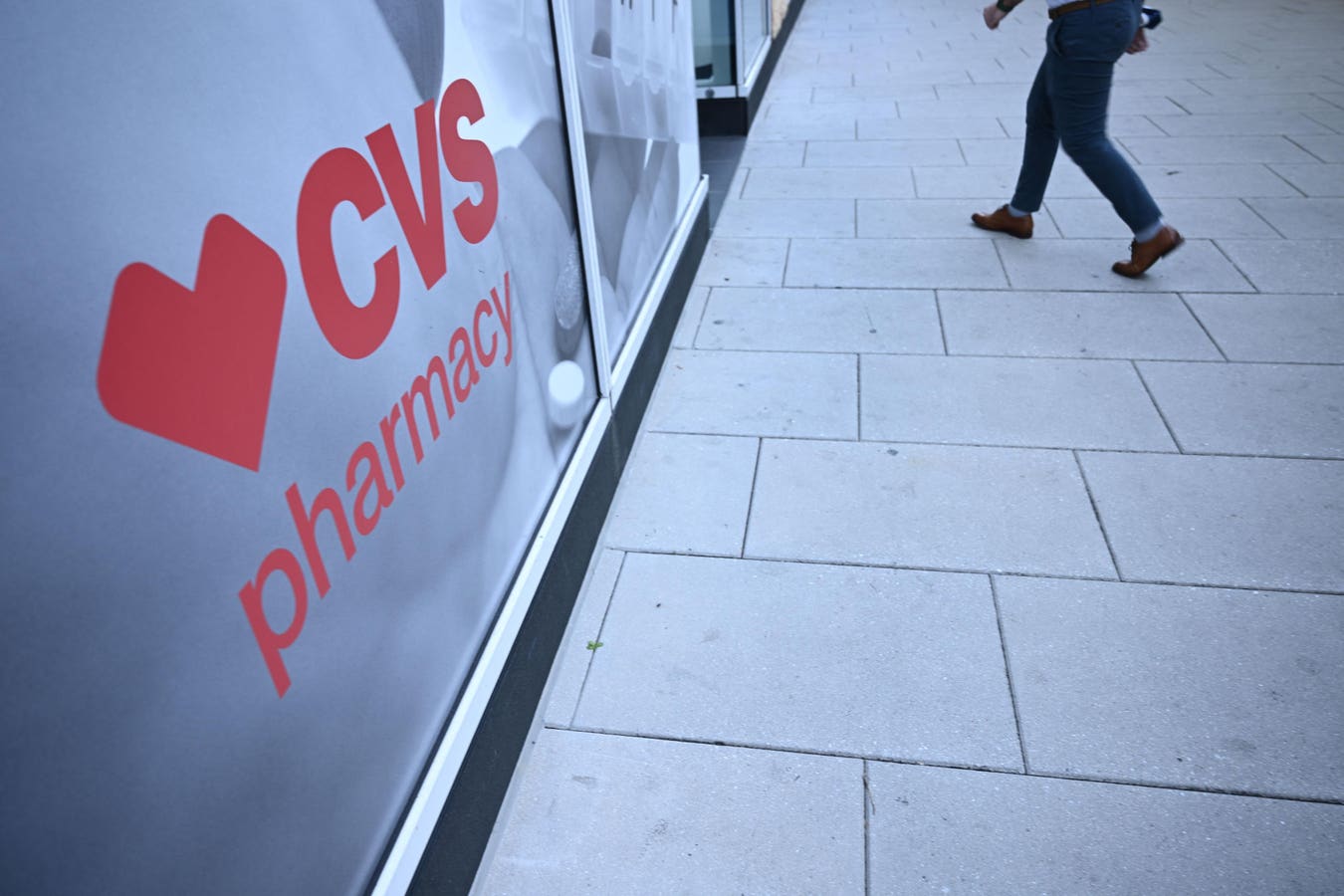CVS Health Wednesday reported net income of $2.2 billion thanks to double-digit percentage sales growth across all the company’s businesses and contributions from its new healthcare services acquisitions.
The giant drugstore chain, which has spent $20 billion this year adding senior primary care centers via its acquisition of Oak Street Health and a homecare company, Signify Health, said total revenues rose 10.6% to $89.8 billion in the third quarter compared to the prior year.
The company reported net income of $2.27 billion, or $1.75 per share, for the third quarter compared to a net loss of $3.40 billion, or $2.59 per share, in the year ago quarter when the company recorded $5 billion in opioid-related litigation charges.
“Despite a challenging business environment, we continue adapting to the changing needs of our consumers by connecting our care delivery capabilities in communities across the country, broadening access to care and lowering costs,” CVS Health president and chief executive Karen S. Lynch said.
In its health care services business, which includes Oak Street and Signify, total revenues increased 8.4% to $46.9 billion “primarily driven by pharmacy drug mix, growth in specialty pharmacy, brand inflation and the acquisitions of Oak Street Health and Signify Health.” Operating income jumped nearly 11% to $1.9 billion in CVS’ healthcare services segment, which also includes its pharmacy benefit management company, Caremark.
In the third quarter, CVS also announced a major restructuring with plans to shed 5,000 jobs across the country in the wake of the retail drugstore giant’s billions of dollars in spending to add healthcare services to its stores and medical care provider networks.
Meanwhile, CVS saw a boost of 54,000 new health plan members, to 25.7 million. CVS, which owns the nation’s third largest health insurer in Aetna, said the increase in membership from the end of this year’s second quarter reflected increases in commercial and Medicare products. “These increases were partially offset by a decline in the Medicaid product line, primarily attributable to the resumption of Medicaid redeterminations following the expiration of the public health emergency,” CVS said.
Medicaid redetermination, also described as Medicaid renewal or Medicaid recertification, is essentially when people are asked to show they are qualified for such coverage.
States are ramping up the Medicaid redetermination process as part of the end in May of the U.S. public health emergency. The process is contributing to a loss of Medicaid members for several health insurers including Aetna.
Read the full article here





